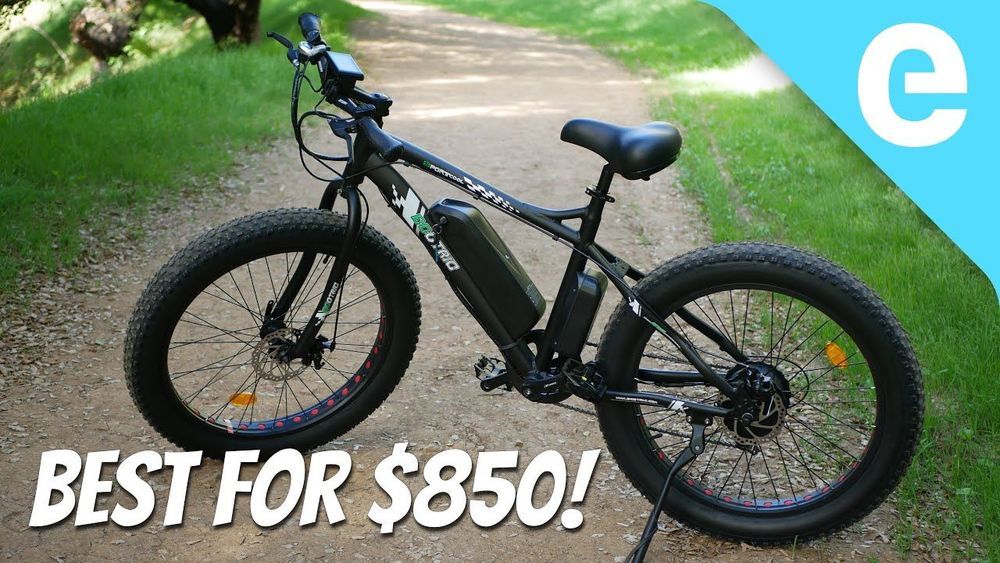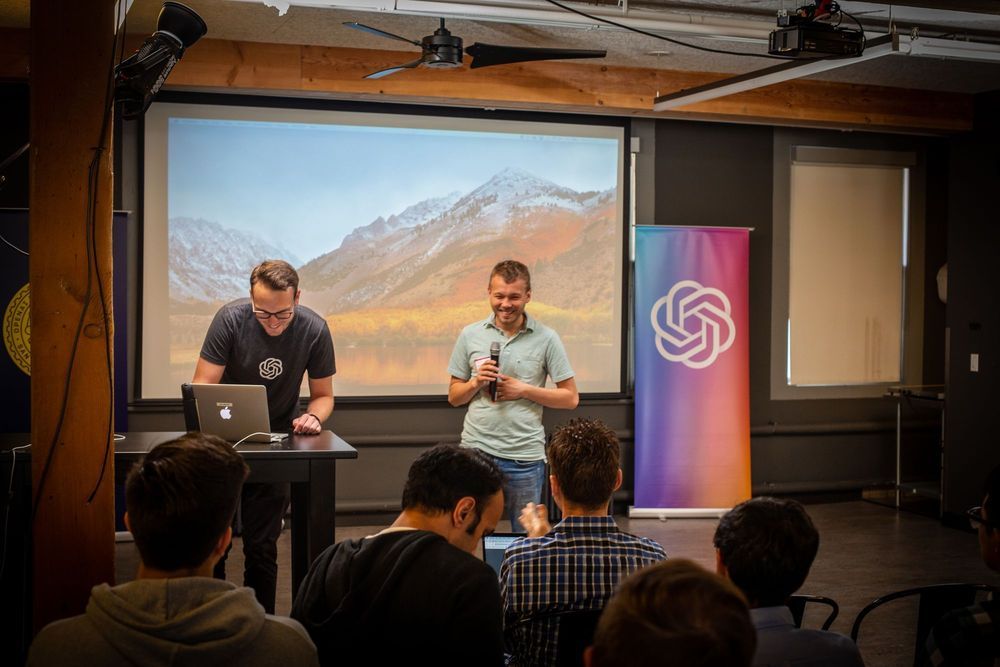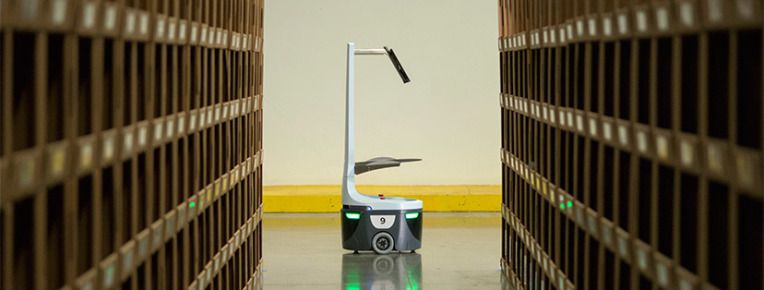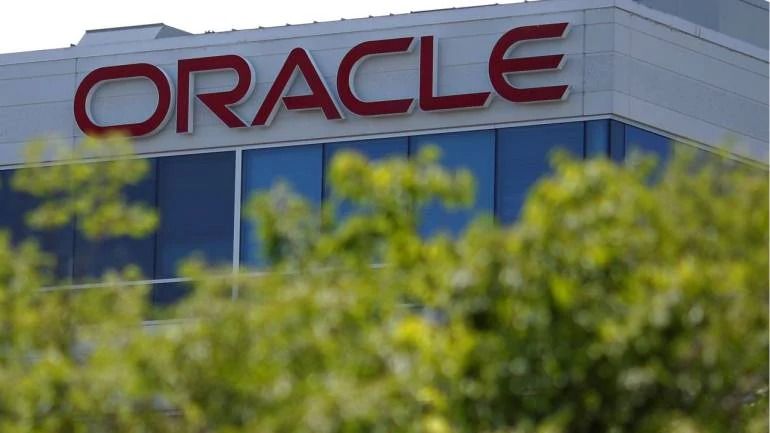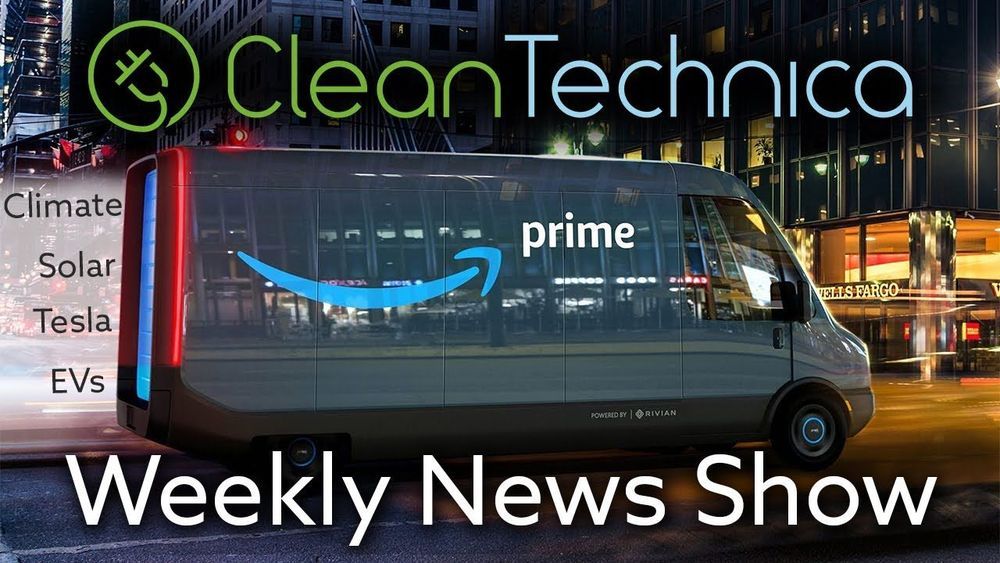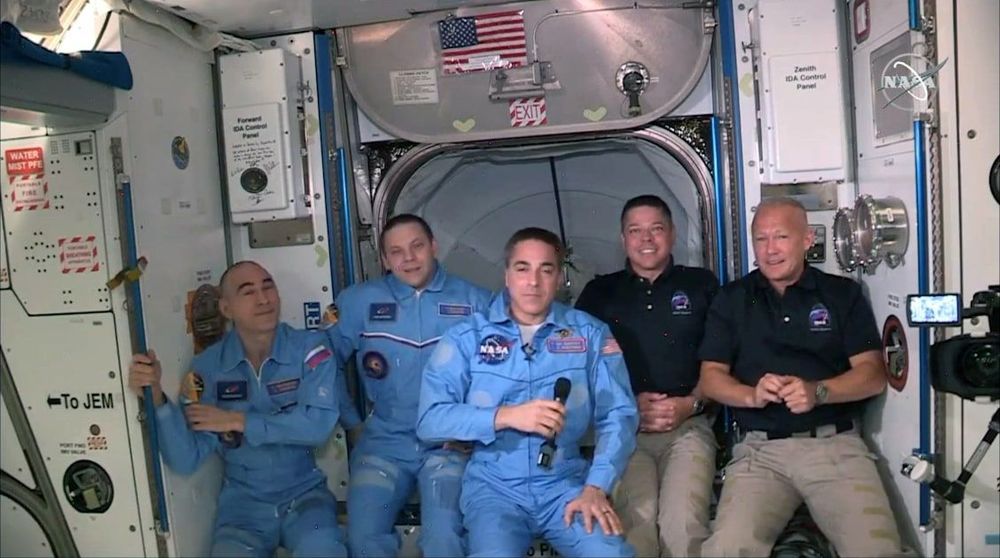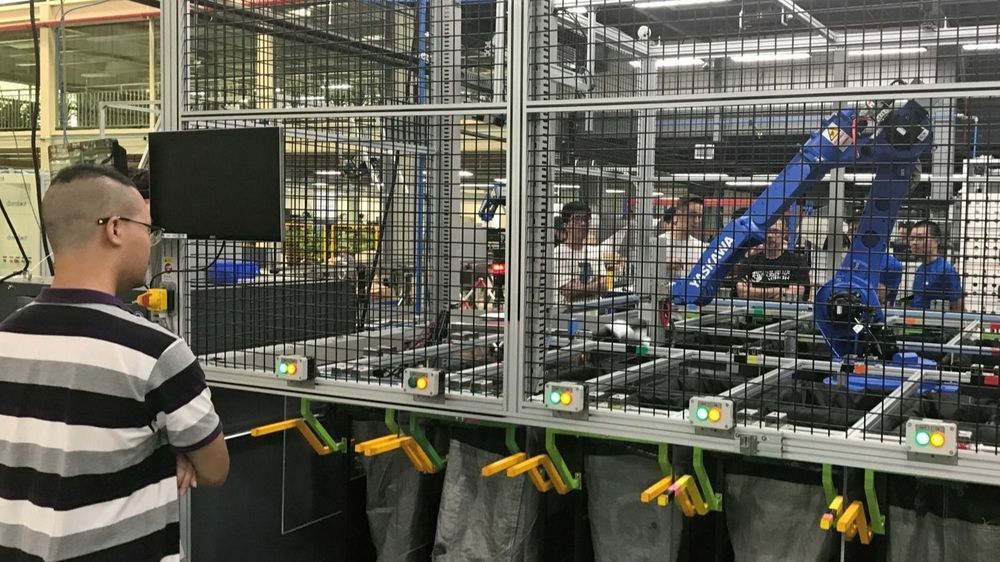A Minneapolis manufacturing company whose plant was set on fire by rioters plans to leave the city, saying that city officials afforded them no assistance in handling the destruction.
“They don’t care about my business,” 7-Sigma Inc.’s president and owner, Kris Wyrobek, told The Star Tribune about Minneapolis public officials. “They didn’t protect our people. We were all on our own.”
The 7-Sigma plant in south Minneapolis, which the company has maintained since 1987, shut down several hours early around 7 p.m. instead of 11 p.m. as a precautionary measure on the first night of rioting. The company manufactures several products, including rollers for high-speed printing presses and medical training mannequins.


